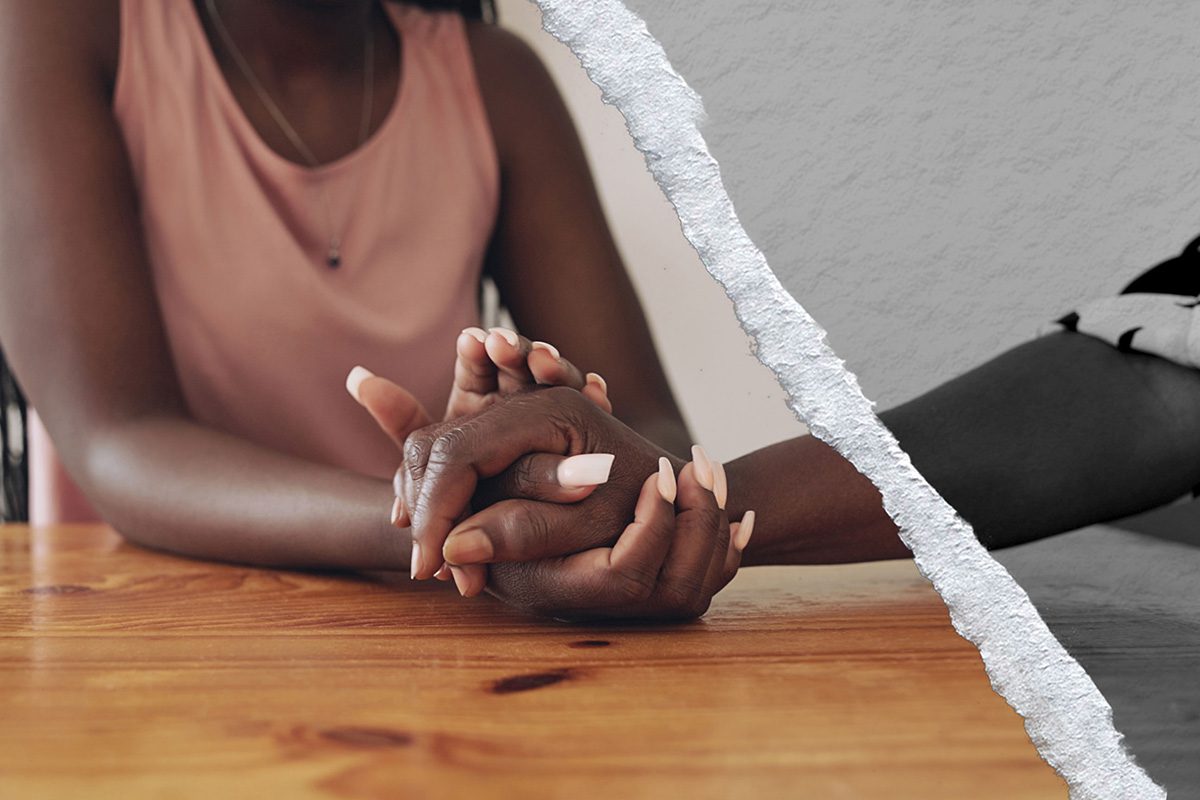Reframing the Gun Violence Epidemic as a Public Health Issue

Since the COVID-19 pandemic began, you may have heard more about public health than any other time in your life. But public health is more than fighting widespread disease – it’s about everything that we can do as a society to keep people safe and healthy.
Public health seeks to understand and act on the factors that shape the health of individuals and populations. That’s why, as the gun violence crisis continues, it’s often referred to in public health terms as an “epidemic;” it has become widespread in many communities.
Like a germ or virus that spreads after infecting an individual person, a single act of violence victimizes many more people than the targeted individual.
The witnesses to violence and those who hear about it are also affected, and these ripple effects also impact public health broadly. For example, if you’ve heard about shootings in your neighborhood, you might be afraid to go outside; you, therefore, might be unlikely to get your 150 minutes a week of exercise or go to the grocery store for fresh food.
The Impact of Fear
For those already struggling with depression, anxiety, or substance use, the fear of violence can cause symptoms to worsen. Some may even struggle to see the point of addressing health issues while already dealing with so much.
Our health is closely related to who we are, where we live, and what’s going on around us; violence represents a disruption to that order.
Growing up in Belfast, Northern Ireland, in the 1970s, I saw the impact that witnessing violence had on my family and neighbors, whether they were directly involved or not. Now, as a parent, I have a greater appreciation of the impact it had on my mother, whom I thought was restricting my freedom too much. I have come to understand that fear of violence changes the things we choose to do or allow our children to do.
The Lingering Effects of Violence
As a society, we should also pay attention to the people who have experienced violence on our behalf. For the emergency responders among us, the accumulated mental health impacts of the job might not end upon retirement. We must understand that the public health impact of violence can linger for years.
The daily news coverage also heightens our awareness of the gun violence epidemic. But there is potential to change the trajectory. To address gun violence from a public health perspective, we need to focus on what we can control or change.
Community-based interventions and public policy changes can be effective but are not instantaneous. Programs that offer hope, help people battle associated mental illness and trauma, and help reclaim our public spaces will make a difference, but they require attention and funding over the long term. This needed long-term commitment is aided by having a public health perspective.
Useful Links
If You Need Help
If you or someone you know is in immediate distress or is thinking about hurting themselves, call the National Suicide and Crisis Lifeline toll-free at 1-800-273-TALK (1-800-273-8255) or call or text the new 988.
For more information about self-care strategies for mental health and where to find help, visit ibx.com/knowyourmind.







